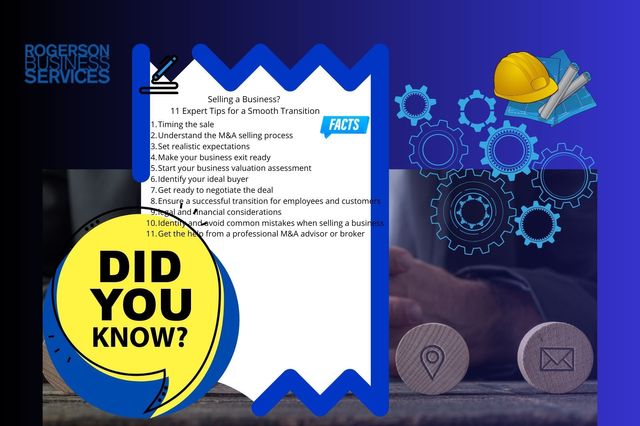Is Car Insurance Cheaper If You Own the Car? Expert Insights!
Car insurance premiums may not automatically decrease when you own the car, but you can potentially lower your premium by dropping unnecessary coverage. When you pay off your car, the banks and financing companies that loaned you the money are no longer lienholders, and you can reevaluate your coverage needs. Factors that can affect the cost of car insurance include the type of car you own, the likelihood of theft, the cost of repairs, the engine size, and the overall safety record of the car. Some cars with high-quality safety equipment may qualify for premium discounts. It is important to consider your coverage options, whether you need to inform your insurance company about paying off your car, and whether to maintain full coverage on your paid-off car. Factors Influencing Car Insurance Premiums Owning a car doesn’t automatically make car insurance cheaper, but you can potentially reduce your premium by eliminating unnecessary coverage. Factors influencing car insurance premiums include the car’s value, likelihood of theft, cost of repairs, engine size, and safety features. It’s essential to assess your coverage needs and value before deciding whether to maintain full coverage on a paid-off car. The Car You Drive The type of car you drive has a significant impact on your car insurance premiums. Insurance companies consider various factors such as the car’s make, model, and age when determining the cost to insure it. Generally, luxury cars, sports cars, and high-performance vehicles have higher insurance premiums due to their higher cost of repairs and increased likelihood of theft or accidents. Theft Likelihood And Security Features Another crucial factor that influences car insurance premiums is the likelihood of theft. Insurance companies take into account the car’s theft statistics, including the make and model’s attractiveness to thieves. Vehicles with higher theft rates will typically have higher insurance premiums. Installing security features such as car alarms, tracking devices, and immobilizers can help reduce the risk of theft and potentially lower your insurance costs. Cost Of Repairs The cost of repairs is a significant consideration for insurance companies when determining premiums. Vehicles that are expensive to repair or replace will have higher insurance rates. Factors such as the availability of parts and specialized labor can increase repair costs. Before purchasing a car, it’s a good idea to research the average repair costs associated with that specific make and model to get an idea of potential insurance rates. Engine Size The size and power of the car’s engine also play a role in determining car insurance premiums. Generally, vehicles with larger and more powerful engines are associated with higher insurance costs. This is because cars with high-performance engines have the potential for greater speeds and increased risk of accidents. Insurers typically charge higher premiums to compensate for the higher likelihood of claims. It’s essential to note that while owning a car may not automatically lead to lower insurance premiums, factors such as the car you drive, theft likelihood, cost of repairs, and engine size can influence your insurance costs. To ensure you get the best insurance rates, it’s always recommended to compare quotes from different insurance providers and consider factors that may affect your premiums. Credit: www.jdpower.com Impact Of Owning The Car On Insurance Premiums Car insurance premiums may not automatically decrease when you own the car, but you can potentially reduce your premium by removing unnecessary coverage. Factors such as the cost of the car, likelihood of theft, repairs, and safety features also determine insurance prices. Trading in a paid-off car can be a good option to lower the cost of a new one. Consider these factors before deciding on insurance coverage for your car. Ownership Does Not Guarantee Automatic Discounts Contrary to popular belief, simply owning a car does not automatically lead to discounts on car insurance premiums. While it’s true that certain factors, like the cost of the car and its safety features, can influence the price of insurance, ownership alone doesn’t guarantee lower rates. To determine the cost of your car insurance, providers consider various factors including your driving record, age, location, and the type of coverage you choose. While owning a car can influence some of these factors indirectly, such as the type of car you drive, it does not directly result in discounted premiums. Possibility Of Lower Premiums By Dropping Unnecessary Coverage However, owning your car does provide an opportunity to assess your insurance coverage and potentially lower your premiums. As your car ages and you pay off the loan, certain coverage options may become unnecessary or redundant. By reassessing your insurance needs, you can consider dropping coverage that is no longer required. For instance, if your car is older and its market value has significantly decreased, you may choose to forgo collision or comprehensive coverage. This can help reduce your premium payments as you only maintain the essential coverage. It’s important to note that when evaluating your insurance needs, you should consider your individual circumstances and consult with your insurance provider to ensure you maintain adequate coverage while maximizing potential savings. Lienholders And Their Influence On Insurance Costs During the car ownership process, lienholders come into play. These are banks or financing companies that provide you with a loan to purchase your car. Lienholders have certain requirements to protect their investment in case of an accident or damage to the car. Your insurance premiums may be impacted by the requirements of your lienholder. They might require you to maintain certain coverage levels, such as collision and comprehensive, to protect their financial interest in the car. Failure to meet these requirements can lead to penalties or even repossession of the vehicle. Therefore, when evaluating your insurance options, it’s essential to consider the influence of lienholders. Ensure that you understand and adhere to their requirements while also seeking ways to lower your premiums that are within the bounds of their guidelines. Does Car Insurance Go Down When A Car Is Paid Off? One common question many drivers have is whether car insurance
Is Car Insurance Cheaper If You Own the Car? Expert Insights! Read More »


